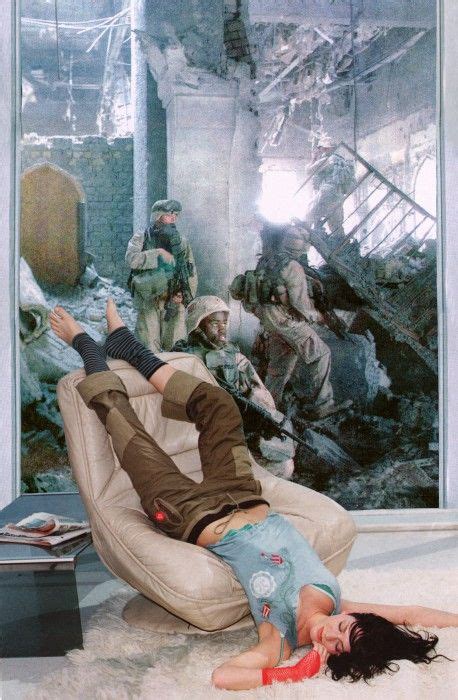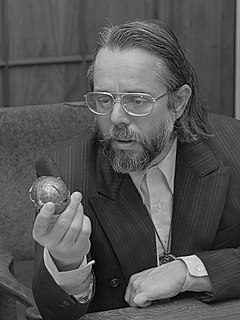A Quote by Martha Rosler
Photography [can] be seen as a system of representation that you bring to bear on other systems.
Quote Topics
Related Quotes
The German health care system is unique in its attempt to combine competition among sickness funds on the one hand and a universal coverage plan on the other hand. Most health care systems are either one or the other, so you either have private insurance and competition but not everyone is covered for everything, or you have a single-payer system. So the ideal types are like the American system on the one hand or the Scandinavian or U.K. systems on the other end.
Germany tries to combine the advantages.
I think the Scandinavian health systems are better when it comes to preventative care than the German system, because in the Scandinavian systems, the government is really more active in defining treatment, goals and defining health priorities. The German system is a competitive system with little government intervention. The price for this is that the government cannot set a health agenda. And the Scandinavian systems have little competition, so you often do have waiting lists. But on the other hand, you then have the government which can push for prevention.
A … difference between most system-building in the social sciences and systems of thought and classification of the natural sciences is to be seen in their evolution. In the natural sciences both theories and descriptive systems grow by adaptation to the increasing knowledge and experience of the scientists. In the social sciences, systems often issue fully formed from the mind of one man. Then they may be much discussed if they attract attention, but progressive adaptive modification as a result of the concerted efforts of great numbers of men is rare.
Seeing lesbian photography is just the tip of my radicalized clitoris. I have modeled for, commissioned, published, and fought for these pictures, and answered threats against them. I've seen the feminist movement bring these pictures to life, and I've seen that same movement try to suppress the liberating results.
The techno-industrial system is exceptionally tough due to its so-called "democratic" structure and its resulting flexibility. Because dictatorial systems tend to be rigid, social tensions and resistance can be built up in them to the point where they damage and weaken the system and may lead to revolution. But in a "democratic" system, when social tension and resistance build up dangerously the system backs off enough, it compromises enough, to bring the tensions down to a safe level.







































